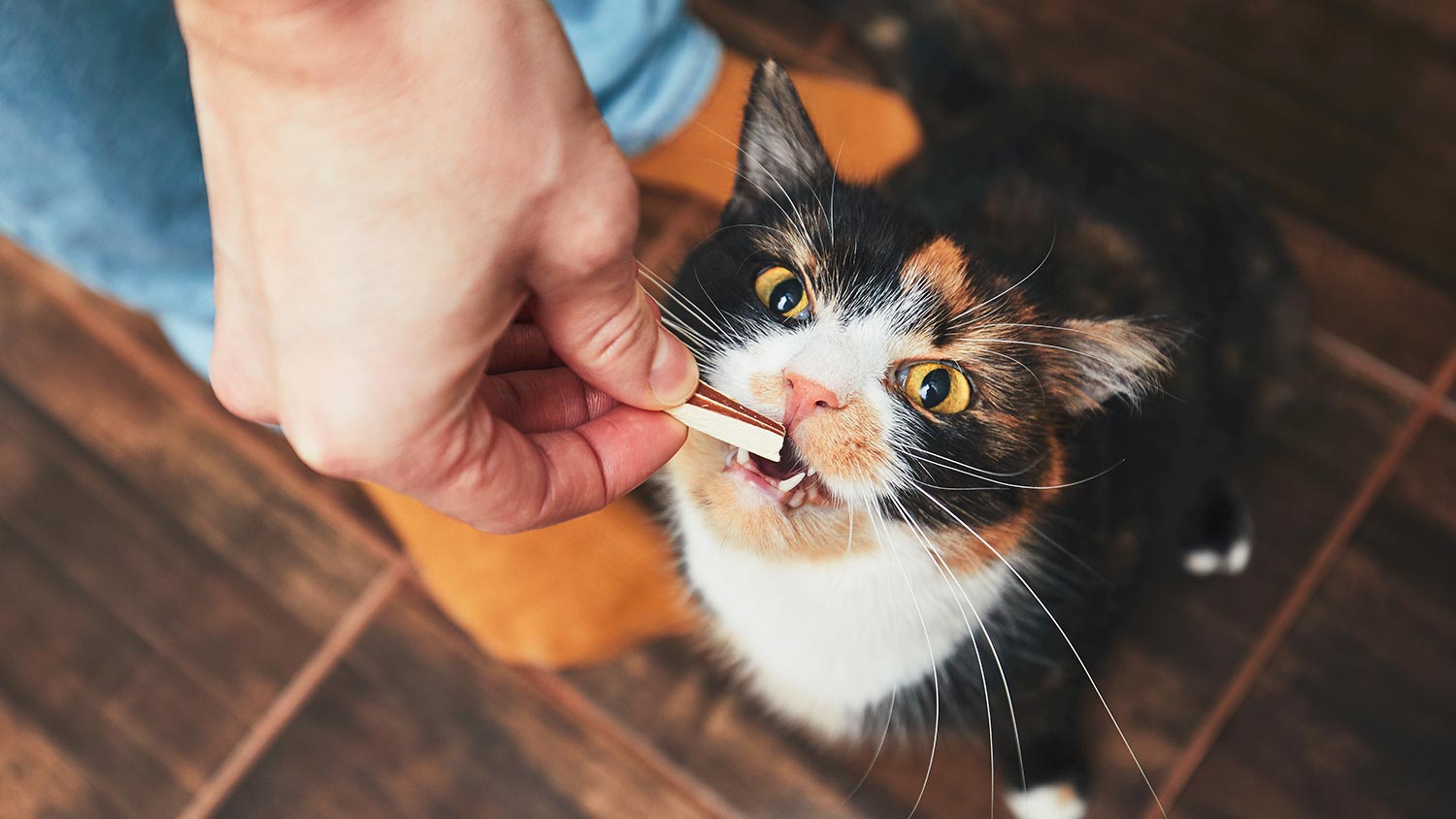Why Do You Need The Best Multivitamins For Cats?
Pets can give us lots of benefits, and in return, we need to take care of them and provide for their needs. Much like us, they need to have a clean shelter, healthy food, proper hygiene, and the best multivitamins to sustain their lives.
As a cat owner, it is your responsibility to be clued up on this important information about your cats. Regardless of whether you are a first-time cat owner, or simply want to know why you need the best multivitamins for cats, this is the perfect article for you.
Whilst most cat-foods contain the necessary multivitamins your cat requires, vitamin supplementation may be necessary, especially if your cat suffers from absorption problems due to disease, pregnancy, allergies, or an unhealthy diet.
Your cat's main nutritional needs
Proteins
Cats require high levels of protein to thrive. Protein is essential as it provides energy and aids growth, development, repair and reproduction. Whilst plant proteins such as grains, vegetables and legumes do contain protein, they do not have the essential amino acids that a cat needs, which can be found in animal proteins. Cats are ‘obligate carnivores’, meaning that they must eat meat and cannot be vegetarians. The amount of protein your cat needs will depend on their size, age and activity levels.
Fats
Fats are extremely beneficial to cats. They are a highly concentrated type of energy and provide your cat more than double the energy that proteins and carbohydrates provide your cat. Fats are also essential for the structure of cells and are required for the production of some hormones.
Vitamins and minerals
Vitamins and minerals are key to your cat’s health as they provide the building blocks that your cat uses to repair everything from neural pathways to skin cells. Without these vitamins and minerals your cat will be unable to function properly. They are particularly essential for wound healing and immune system function.
Water
Water is an equally important nutrient for cats and a deficiency can cause serious harm. Cats are designed to derive the majority of their water requirements through raw and fresh food, causing them to have a naturally low thirst drive. This can be problematic if a cat is only eating dry kibble, as their natural programming will not remind them to drink more to balance out the dry food.
Types of cat supplements
- General vitamins and minerals – offer a variety of improvements from shiny coats to stronger bones
- Essential fatty acids – improve immune system, joints and heart health
- Probiotics – improve digestive health
Supplements to avoid
There are certain supplements which can be harmful and toxic for cats and should be avoided. The following supplements destroy red blood cells and can lead to anemia in your cat, or can lead to heightened levels of toxicity.
- Onions
- Garlic
- An abundance of Calcium
- An abundance of Vitamins D and C
Ensure that your cats nutritional needs are being met. Provide them with the best multivitamins for cats as this will support their development and ensure they thrive. Make sure that they eat a balanced diet, drink enough water, and maintain a healthy weight.
Speak to your vet if you are making any significant changes to your cat’s diet.



